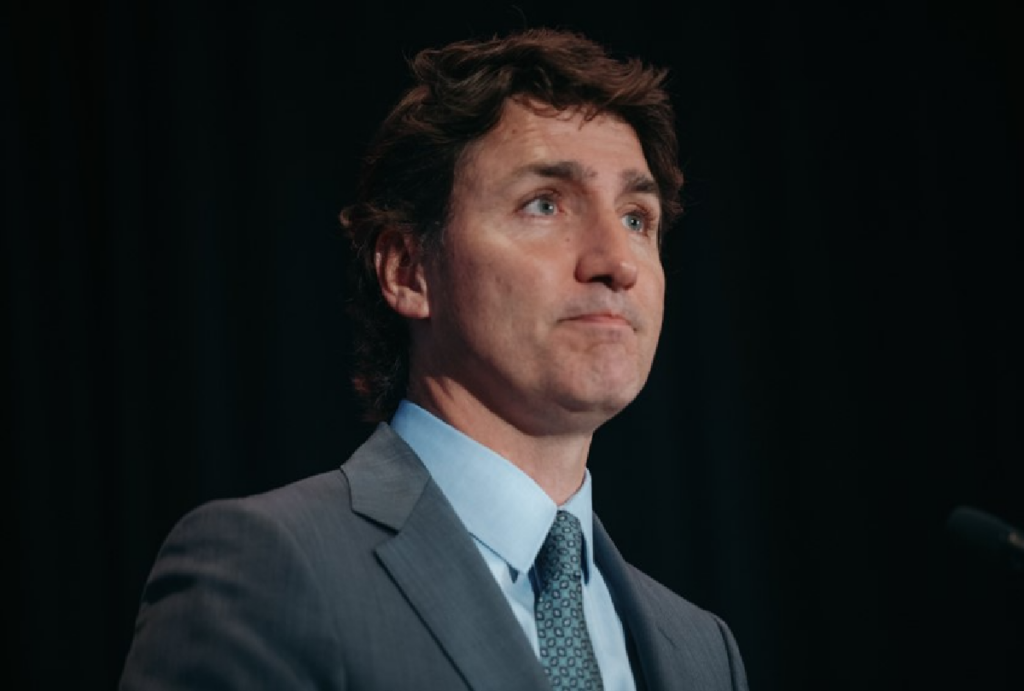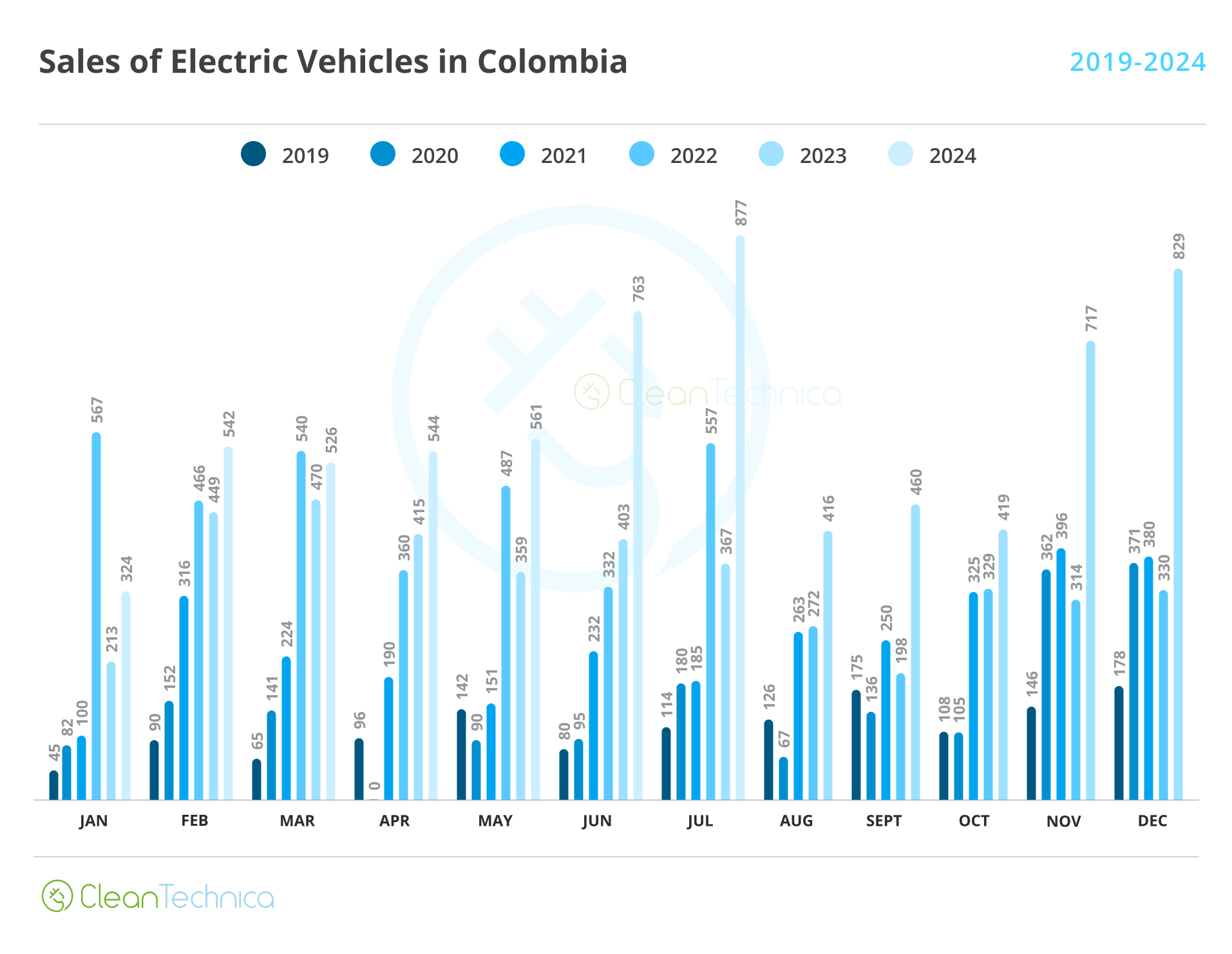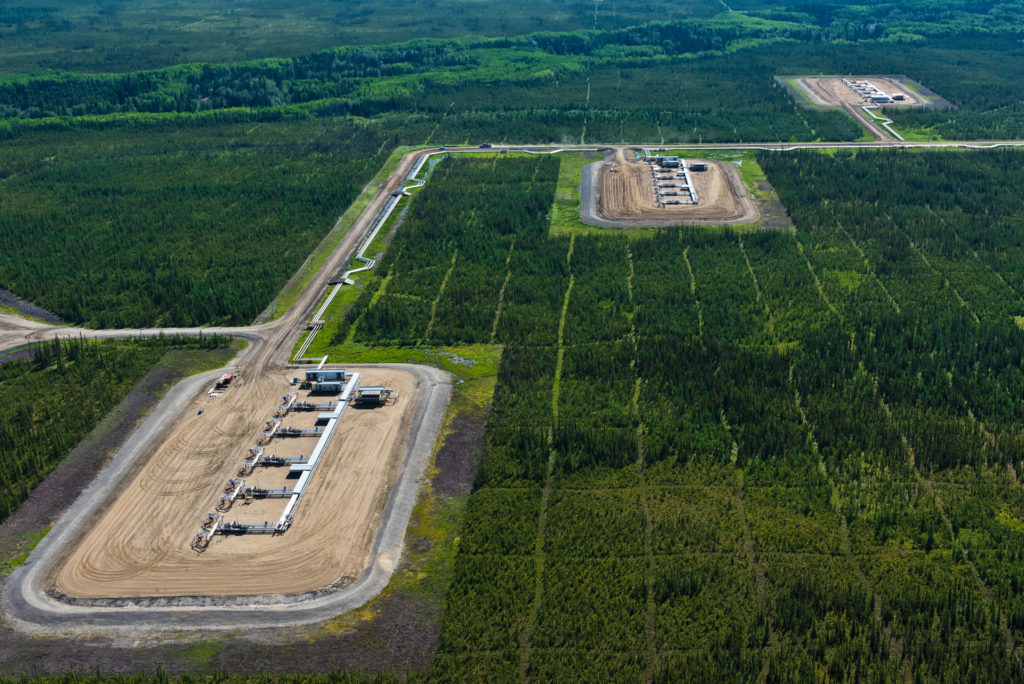
At a recent Senate committee hearing, Bank of Canada Governor Tiff Macklem said if governments in Canada, including the Trudeau government, follow through with spending plans for 2024, they’ll fuel inflation and hinder the bank’s ability to return inflation to its 2 per cent target.
But of course, inflation isn’t the only consequence of high government spending. Since taking office in 2015, the Trudeau government has run persistent budget deficits, leading to mounting debt due to substantial increases in spending. Finance Minister Chrystia Freeland has defended this approach and said the government has been “fiscally responsible.” But a simple analysis of where federal finances could’ve been, had the government shown some level of spending restraint, proves Freeland wrong.
The Trudeau government’s proclivity for spending increases is not a secret. Federal spending has increased significantly since 2015, to the point that Prime Minister Trudeau is on track to oversee the six highest years (2018 to 2023) of per-person spending (inflation-adjusted) in Canadian history. Specifically, inflation-adjusted per-person spending has grown by 27.0 per cent, from $9,038 in 2014/15 to $11,476 in 2023/24.
And the government has funded this substantial increase in spending largely by borrowing. According to budget projections, the Trudeau government will run its ninth consecutive budget deficit this fiscal year. And by the end of this fiscal year, will have racked up $591.9 billion in debt since 2015.
But it didn’t have to be this way. With spending discipline, federal finances would be in much better shape today. And Canadians would benefit from less federal debt, lower debt interest charges, and smaller deficits (or even surpluses).
What would this spending restraint have looked like?
Before COVID, tying spending growth to population growth-plus-inflation would’ve put the country’s finances on solid ground. And even if the government had implemented its entire COVID emergency spending plan ($352.5 billion) in 2020 and 2021, simply returning program spending in 2022 and 2023 to per-person levels forecasted in Budget 2019 would’ve limited debt accumulation and thus reduced debt interest charges.
Instead, the Trudeau government chose to keep spending levels elevated and introduce new permanent programs such as national dental care and $10-a-day child care by financing them exclusively through additional debt.
As shown in a recent study published by the Fraser Institute, if the government had restrained spending starting in 2015, annual program spending this year would be $53.6 billion less than currently projected. Moreover, the government would have recorded budget surpluses in seven of the last nine years. In this scenario, Ottawa would have accumulated $429.4 billion less debt than expected by March 2024. We also estimate the government would have run a $23.3 billion surplus this year instead of a $40.1 billion deficit, had it limited spending increases.
Finally, had the government created this fiscal space, it could have provided meaningful tax relief for Canadian families. In 2016, the Trudeau government reduced the federal personal income tax rate for income in the second-lowest tax bracket (from 22.0 to 20.5 per cent). But with a sizeable surplus this year, the government could have further lowered this rate to 15.0 per cent, providing $18.7 billion of tax relief to Canadians.
As the Trudeau government continues its penchant for high spending and significant debt accumulation, it’s important to recognize it had other options. Federal finances could’ve been in much better shape today, and Ottawa could have provided billions of dollars in tax relief to Canadians, if the Trudeau government had simply been more disciplined with its spending.
Author:
Director, Fiscal Studies, Fraser Institute
Share This:
Next Article




